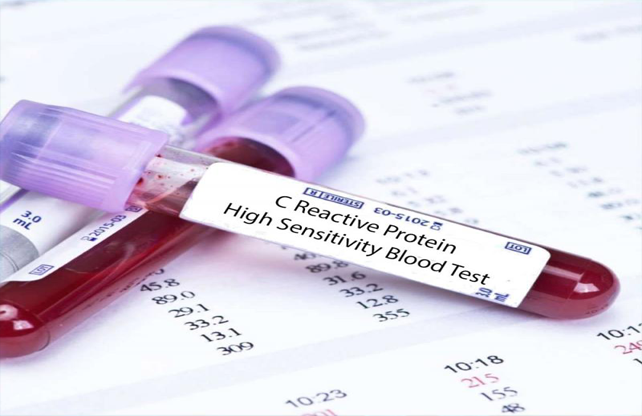HIV testing:
HIV infection in HIV,
The virus attacks the immune system cells, destroying or weakening its function. HIV infection can cause the progressive damage of the immune system, HIV tests
These tests depend on taking a small sample of blood from either the finger or the arm, or a sample of the oral fluid. It should be noted that the length of time each person needs Checking these tests to give a precise result varies according to the type of test,
so that the length of time required to give a result A final test of 20 minutes and a few weeks Tests for the detection of a virus HIV-1 Test of the third generation When the HIV virus attacks the human immune system, the body begins to produce certain types of antibodies, (ELISA). This technique relies on the detection of antibodies to the virus. These antibodies may be detected in blood, saliva, saliva, or urine. To detect the early infection with the virus, because of the low concentration of antibodies
for this virus during the initial stage Of the infection. This test is accurate if performed three months after exposure to the virus. It takes a period of days to weeks to obtain the test results. 2. The fourth generation test detects the presence of antibodies against the virus. A certain type of protein (p24) This type of antigen is found in large quantities in the blood during the first weeks following exposure to the virus, which increases the likelihood of infecting others during this period. P24 antigens are detected using Another type of technique (ELISA) which distinguishes this test is that it is able to
accurately detect the virus (HIV) vinegar The early stages of infection, as it can be within one month after exposure to the virus,
requires a wait from days to weeks to obtain the test results Rapid HIV testing The test results are obtained within a short period of time, Results may be ready within 20 minutes to half an hour. This test depends on taking a blood sample from the finger. The result of this test is only accurate if it is performed three months after exposure to the virus. In fact, rapid screening may produce false positive results.








